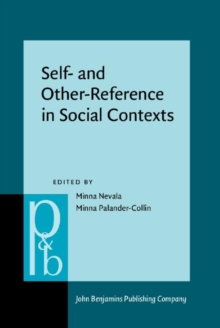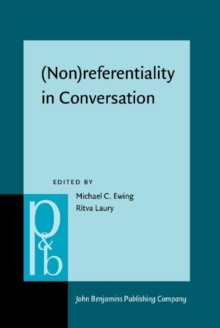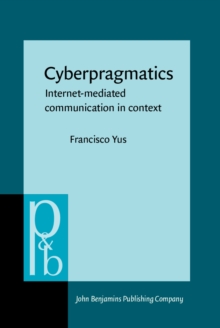
Trial Language : Differential discourse processing and discursive formation PDF
by Stygall Gail Stygall
Part of the Pragmatics & Beyond New Series series
Description
This study of Anglo-American legal discourse is the first comprehensive discourse analysis of American legal language in its prototypical setting, the trial by jury.
With ethnographic data gathered in a civil jury trial, the book compares the discourse processing of the legal participants and the lay jurors in the trial.This study, examining an entire trial, finds that it is constraints at the level of a Foucauldian discursive formation that prevent lay understanding.
Those constraints include the allocation of narrative speaking roles primarily to legal speakers in genres in which no sworn evidence is given, the suppression of narrative in ordinary witnesses, a set of restraints on witnesses' use of certain categories of evidentials, the legal topic originating in textual authority unknown to the lay participants, specific distribution of verb forms by legal genre, and a linguistic "burden" accompanying the legal "burden of proof" in the requirement that the lawyer of the moving party also use and explain technical legal terms to the jury at the same time as he or she presents evidence.
All of these factors contribute to the incomprehensibility of legal discourse to lay auditors, resulting in the jury making their decision based on a commonsense script of the events precipitating the trial.The study concludes by arguing for a Foucauldian discourse analysis of institutional languages, a social theory powerful enough to account for the power and tenacity of these languages, where traditional linguistic explanation has failed.
Information
-
Download - Immediately Available
- Format:PDF
- Pages:238 pages
- Publisher:John Benjamins Publishing Company
- Publication Date:10/11/1994
- Category:
- ISBN:9789027282842
Information
-
Download - Immediately Available
- Format:PDF
- Pages:238 pages
- Publisher:John Benjamins Publishing Company
- Publication Date:10/11/1994
- Category:
- ISBN:9789027282842










